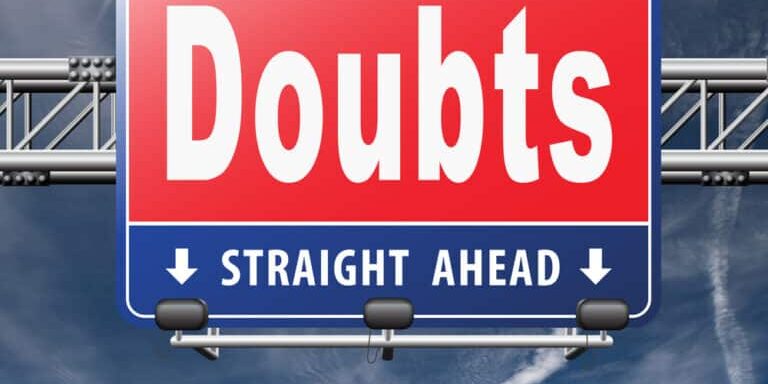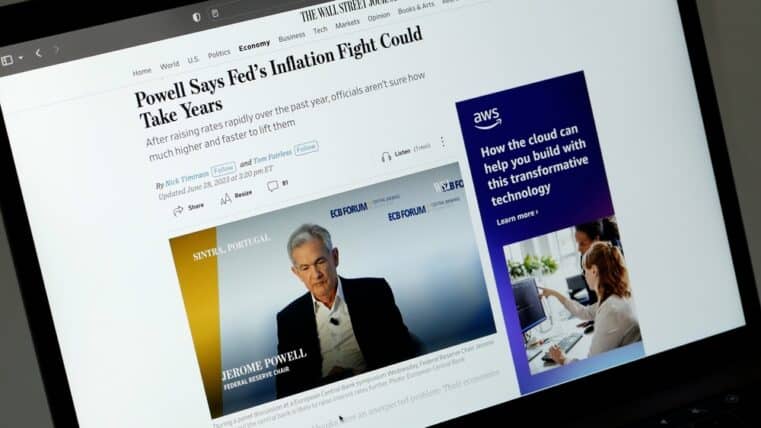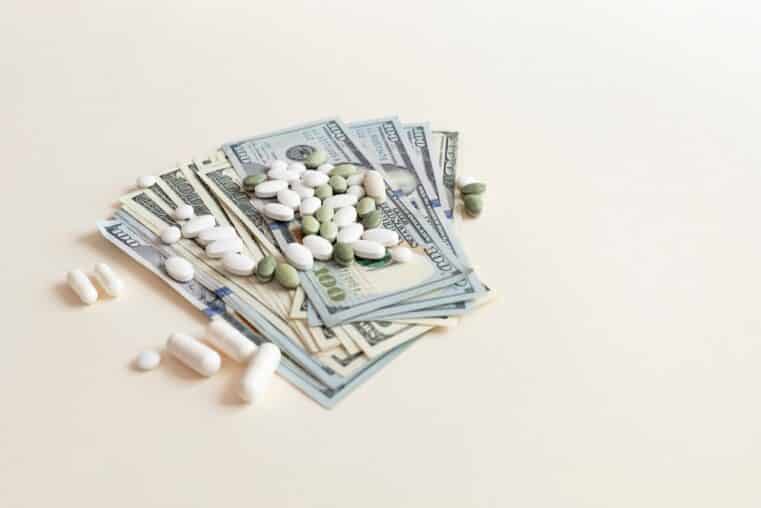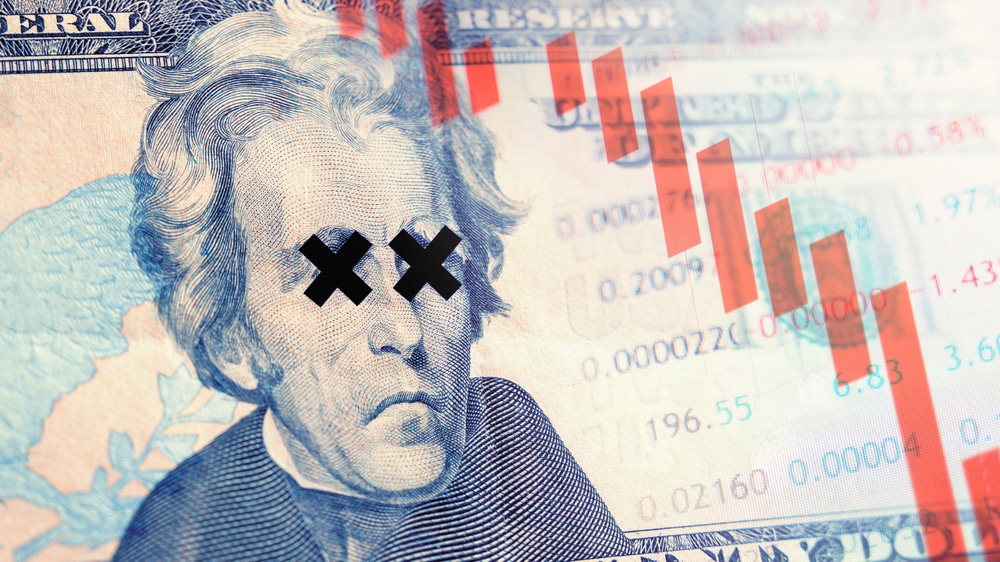
Consumer Sentiment Collapses as the Illusion of Economic Stability Shatters
A Historic Collapse in Consumer Confidence
The American consumer has officially had enough. According to preliminary numbers from the University of Michigan, consumer sentiment in May plunged to 50.8 — the second-lowest level ever recorded, surpassed only by June 2022’s rock-bottom reading of 50. This isn’t some cyclical slump or temporary blip. This is a flashing red warning light, signaling a loss of faith in a system that’s been stretched to its breaking point.
The 2022 vs. 2025 Illusion
Here’s the kicker: the economy didn’t collapse in 2022 when sentiment cratered. Back then, inflation peaked at 9% and everyone assumed it was a temporary side effect of post-COVID disruptions. But today, it’s not just prices gnawing at consumers — it’s jobs, tariffs, and a creeping realization that things won’t get better. Two-thirds of Americans now expect unemployment to rise in the next year — the worst labor outlook since 2009, back when we were clawing out of the Great Recession.
The Rich Are Losing Confidence Too
This isn’t just the usual pessimism from working-class Americans getting squeezed. Even the wealthy — those who usually keep the economy afloat with their spending — are losing confidence. That’s not normal. Historically, affluent households have been insulated from downturns and buffered by inflated assets. Not anymore. Expectations have now flattened across income brackets. In plain English: the top is just as spooked as the bottom.
Tariffs Take Center Stage as Inflation Surges
And unlike previous years, consumers aren’t just vaguely worried about “the economy.” They’re naming names — tariffs are now front and center. Nearly 75% of respondents spontaneously mentioned tariffs as a major concern, up from 60% just last month. That tells us two things: people are paying attention, and they’re connecting economic pain to policy — specifically the kind cooked up by politicians under the illusion of “protecting American jobs” while inflaming prices and trade tensions.
The inflation picture is no better. Expectations for year-ahead inflation just spiked to 7.3%, the highest since 1981 — a time of double-digit interest rates and gasoline rationing. This isn’t an economy that’s coasting on fumes anymore. It’s one that’s on fire — and not in a good way.
We’re Not in Kansas Anymore
Here’s the brutal truth: the old models don’t apply anymore. The disconnect between sentiment and the real economy that economists clung to in 2022 has snapped. What we’re witnessing is a breakdown of confidence in the entire monetary and fiscal regime. And without that confidence, you can forget about a recovery.
Protect Yourself Before the Next Shock Hits
If you’re still holding the bulk of your savings in traditional banks or counting on government policy to stabilize this mess, it’s time to rethink — fast. The cracks are widening, and the next financial shock won’t come with a warning label.
Download Bill Brocius’ essential free guide, “7 Steps to Protect Your Account from Bank Failure”, and start moving into hard assets like gold, silver, and crypto — the real lifeboats in a capsizing economy.
For deeper insights, grab a copy of Bill’s pivotal book, The End of Banking As You Know It, and subscribe to his Inner Circle newsletter for just $19.95/month. That’s less than the cost of a tank of gas — and far more valuable in the long run.
Don’t wait until the headlines catch up. Prepare now.











